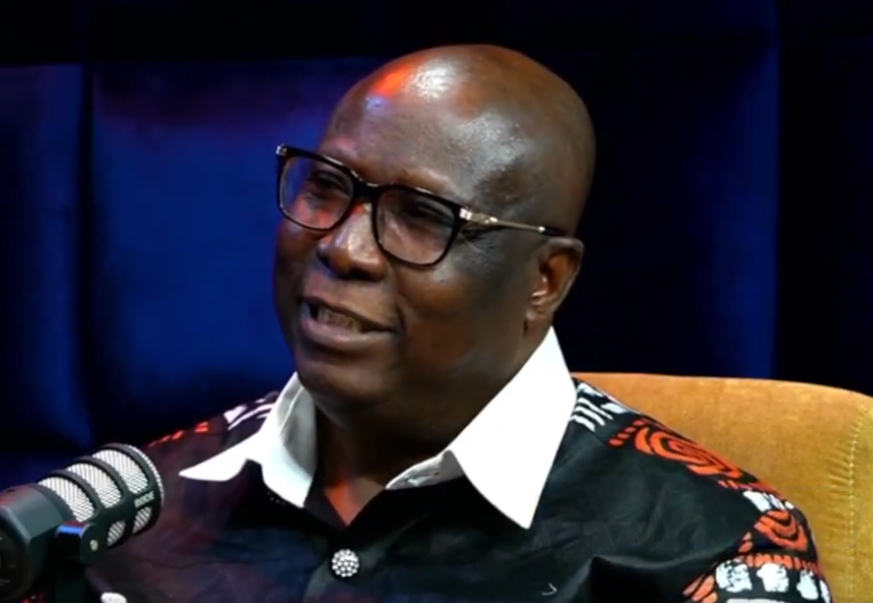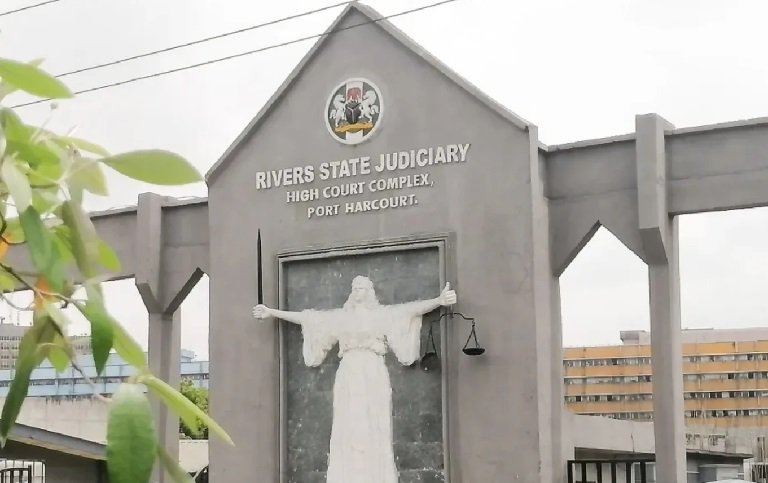The question of whether former President Goodluck Jonathan can contest in 2027 has been settled, at least legally.
A Federal High Court in Yenagoa ruled that Section 137(3) of the Constitution, which bars anyone from being sworn in more than twice, does not apply to Jonathan. Justice Isa H. Dashen delivered the judgment in May 2022, clearing a major hurdle.
Jonathan had taken the oath of office first in 2010, when President Umaru Musa Yar’Adua died, and again in 2011 after winning the election. He left office in 2015 after losing to Muhammadu Buhari.
The constitutional clause barring multiple swearing-ins was only added in 2018, three years after he left power.
Court’s Position
The judge explained that the law cannot apply retroactively. “Having the benefit of reading the Official Gazette, I therefore have no difficulty in holding that provisions of subsection (3) of Section 137 of the Constitution took effect from 7th June, 2018. And I so hold,” he ruled.
The All Progressives Congress (APC) and the Independent National Electoral Commission (INEC) were both joined in the case but never appeared in court, despite being served. Justice Dashen remarked that their silence amounted to an admission.
In his defence, Jonathan argued that he has only been elected once — in 2011 — since the 2010 oath was just to complete Yar’Adua’s unfinished term. “The oath of office I took in May 2010 cannot be counted as election,” his affidavit said.
Political Implications
The ruling, which came just as the 2027 election season is heating up, could suggest schisms within the main opposition party, the Peoples Democratic Party (PDP), to draft in Jonathan to contest the election on their ticket.
Political analysts say the court decision may also unsettle the APC, which is already grappling with internal battles ahead of the race, and which sees the now vindicated ex-president as a potent opponent to President Bola Tinubu.
Critics, however, insist that allowing Jonathan to return could set a precedent, weakening the spirit of constitutional limits on power.
They point to the intent of the 2018 amendment, which was to prevent prolonged stays in office by exploiting gaps in succession.
For now, Jonathan is legally qualified and quietly weighing his options and studying the political landscape with his strategists. But will he take the plunge, or stay an unruffled continental stateman? Or will party politics and public opinion prove stronger than the court’s clearance?
Rate, Like 👍, Comment💬, share this article and Follow us on our social media handles. You can also Submit your own story to get featured and earn rewards!







